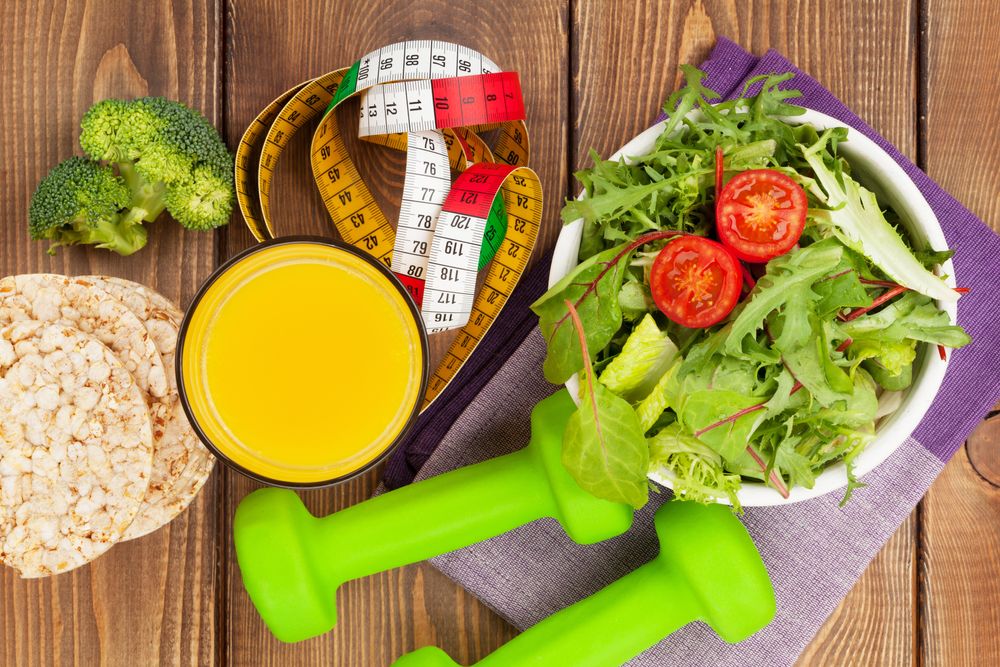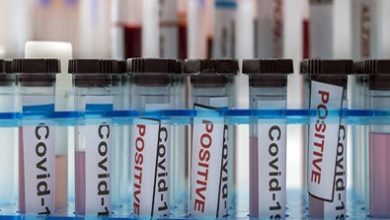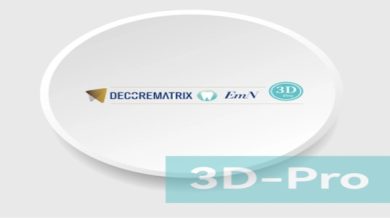Diet For Health And Fitness


A healthy diet and regular exercise can boost your heart health, strengthen your immune system and give you more energy. It also can help you resist the aging process and keep your mood positive.
Eating right is less about calculating how many grams of protein and fat to eat, and more about eating whole, minimally processed foods. That includes fruit, vegetables and grains, as well as lean meats and poultry.
Protein
Protein is a macronutrient that is important for a wide range of functions including growth, repair and maintenance of cells and tissue, the production of hormones, and to support many metabolic activities. Protein is found in a variety of foods including meat, eggs, fish and dairy products.
It is crucial for those who are training hard to consume sufficient amounts of protein throughout the day. The recommended intake is 0.8 grams per kilogram (kg) of body weight.
If you’re unable to get enough protein from your diet, there are many supplements available. These can be particularly useful for those with certain dietary restrictions or those who need to supplement their protein requirements to reach their fitness goals.
Most health professionals recommend consuming a combination of protein-rich foods and protein supplements to ensure that you’re getting your daily required amount. This includes a variety of sources, including meat, fish and poultry, eggs, legumes, seeds and nuts, tofu, Greek yogurt, lentils and beans.
Although plant proteins are less complete than animal proteins, they can still be beneficial for a balanced diet. They contain a mixture of amino acids, which are the building blocks for muscle and other tissue.
Increasing your protein intake can help to improve muscle tone and increase strength. This is especially true if you train hard in the gym, as your muscles will be broken down during workouts and need to be repaired.
For example, a study of body builders showed that a single dose of 25 g of protein after a workout can increase muscle protein synthesis. Athletes should aim to eat around 20-30g of high-quality protein at breakfast, lunch and dinner.
As with any nutritional supplement, it’s always best to check the label of any protein shake before you purchase it, to make sure that it’s safe for you. カマグラ also important to read the ingredients list to see if there are any added ingredients that may interact with your medication or medical condition.
It’s also a good idea to prepare your meals in advance so that you can ensure that they contain the right amount of protein & other macronutrients. Taking the time to meal prep can also save you money on food and will mean that you’re not relying on snacking between meals or grabbing junk foods as an easy alternative.
Carbohydrates
Carbohydrates are the body’s primary energy source, and they’re one of the three macronutrients (the other two are proteins and fats). The body converts carbohydrates into glucose, which is used as the main fuel for brain function and muscle synthesis.
Carbohydrates can be found in many foods, including starches (like potatoes and corn), vegetables, fruits and milk. Your diet should be balanced to include a variety of carbohydrate sources, as different types will provide you with the nutrients your body needs.
Athletes often eat high-carbohydrate meals before exercise to boost energy levels, delay fatigue and increase endurance. The amount of carbohydrate needed depends on the duration of the exercise and the intensity of the activity.
After exercise, it’s also important to consume carbohydrates to replenish glycogen stores and help speed up recovery. Carbohydrates also support and accelerate muscle repair by providing the muscles with the energy they need to build new protein tissues.
The body needs a balance of carbohydrates, protein and fat to maintain health and fitness. A balanced diet includes a variety of foods, but it’s especially important to avoid excess refined sugar and processed carbohydrates.
A good source of complex carbohydrates is whole grains, including whole grain bread, quinoa, oats, beans and most vegetables. It’s also a good idea to add a protein source, such as egg whites, to these types of meals.
In addition, a healthy intake of carbohydrates helps reduce “bad” LDL cholesterol levels and lowers the risk of heart disease and diabetes. Fiber is another key component of a healthy carbohydrate intake.
Athletes can also use sports drinks to supplement their carbohydrate intake during prolonged exercise. These drinks have been shown to help improve endurance and reduce athlete fatigue during intense training sessions. They can be consumed in a variety of forms, including solids and gels, in order to ensure that athletes receive adequate amounts of carbohydrates at regular intervals throughout the exercise period.
Fat
A healthy diet that contains a balance of all nutrients, including fat, is essential for optimal health and fitness. Eating a balanced diet will help you maintain a healthy weight, build muscle, and protect your heart and other organs from damage.
Dietary fats contain energy that your body uses for a variety of functions, such as building and repairing cells, nerve tissue, and hormones. They are also used as a fuel during exercise.
Fats can be found in a variety of foods, and they come in many different forms. They include saturated, monounsaturated, and polyunsaturated fats.
Saturated fat, which is the type that comes from meats and dairy products, has been linked to an increased risk of heart disease. It is also associated with high blood pressure and cholesterol levels.
Unsaturated fat, which is the healthy kind that can be found in plant-based oils and nuts and seeds, can lower your risk of heart disease. タダライズ can also help lower your cholesterol, triglycerides, and blood sugar levels, and increase the absorption of certain vitamins, including vitamin A, D, E, and K.
Some people still have a hard time accepting the fact that fat is necessary for good health. They are worried about the calorie content of fats, or they simply are confused by the types of fat available to them.
The general recommendation is to eat 20-35% of your total calories as fat. This number may vary depending on your gender, size, age, and level of physical activity.
It is important to remember that a healthy diet should also include adequate amounts of protein, as well as carbohydrates and fiber. This will help your body repair and grow muscles, recover from exercise, and avoid fatigue.
Fat is also essential for a healthy immune system. When your body has a healthy immune system, it is less likely to get sick and develop diseases like diabetes and heart disease. A good diet will give your immune system the nutrients it needs to function properly.
Snacks
Snacking can be a great way to increase nutrient intake, keep energy levels up and help the body recover after exercise. It can also help you avoid overeating at meal time and maintain a healthy weight.
Keeping a variety of snacks in your diet is one of the best ways to ensure that you get the nutrients your body needs on a regular basis, regardless of your busy schedule. Snacks should be high in nutrient-dense foods such as whole grains, fresh fruits and vegetables, nuts, and low-fat dairy products.
The most important thing when choosing a snack is to look for a natural, low-sugar product that’s free of hidden nasties such as artificial colors and flavorings. That way you can be sure that you’re eating a nutritious, wholesome snack that will make you feel good and give your body everything it needs to stay active and healthy.
Kirkpatrick recommends Quest Protein Bars, which she says are made with real food and come in a variety of flavors. They’re also easy to take along with you when you’re on the go, and they’re packed with protein, vitamins, minerals and fiber.
Another healthy snack option is hummus, which is full of protein and healthy fat from chickpeas and tahini (ground sesame seeds). Enjoy it with nutrient-rich vegetables or as a dip with whole grain pita chips.
Fruit and yogurt can also be an ideal snack, especially before dinner or a workout. These nourishing snacks provide carbohydrates, which your body needs to burn energy, and fiber, which helps you feel satisfied after you’ve eaten.
Tomato soup is a delicious, hydrating snack that’s filled with potassium and fiber, which can help you stay hydrated during exercise. It’s also a good source of lycopene, an antioxidant that’s known for its ability to improve circulation and reduce inflammation.
If you’re trying to limit your calorie intake, choose snacks that are under 100 calories. You can find these superfood snacks at your local grocery store.
Snacks are an excellent way to eat less and maintain a healthy diet, but they’re not the answer for everyone. It’s best to eat small portions of nutrient-rich, low-calorie snacks throughout the day.



